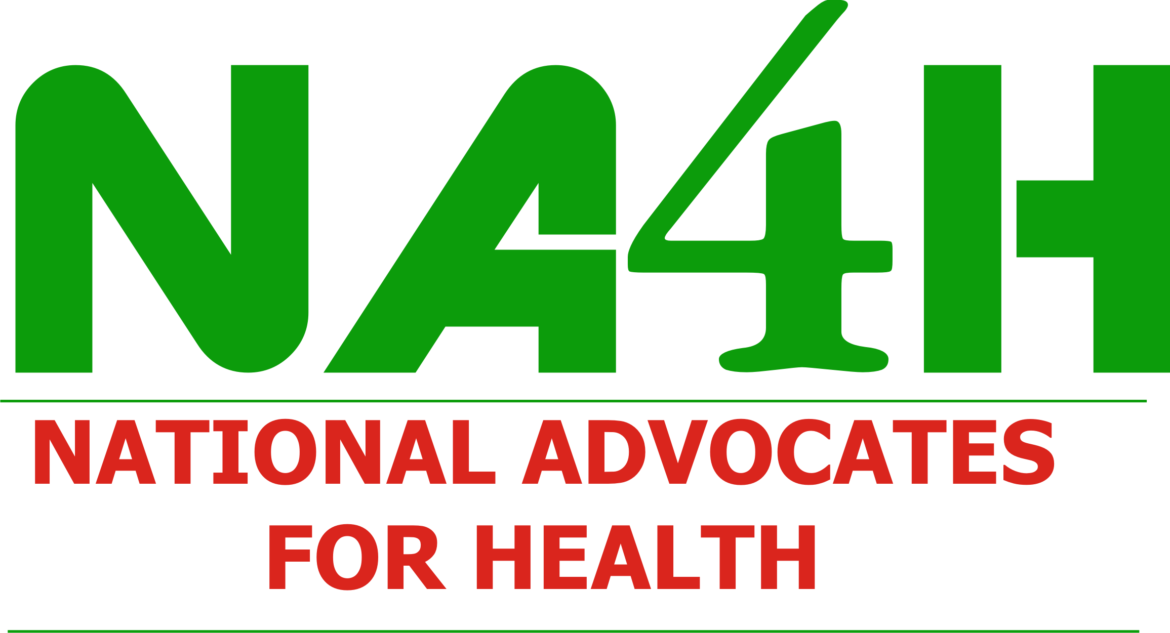By Iyemah David
A coalition of Civil Society Organisations (CSOs), say progress toward Universal Health Coverage (UHC) requires keeping adolescents healthy as they represent critical window of opportunity in the country.
Mr Muhammad Usman, Chairman, National Advocates for Health (NA4H), who spoke on behalf of the CSOs said this in Abuja on Sunday at the two-day strategic retreats organised by the African Health Budget Network (AHBN).
The retreat reviews the country’s Reproductive, Maternal, Newborn, Child, Adolescent Health and Nutrition- (RMNCAH+N), Recovery Plan Scorecard and Validate the Family Planning (FP), 2030 Accountability Motion Tracker Template.
Usman said that investment in adolescents delivers “multiple dividends” – improving health, enhancing it throughout the life course and contributing to the health of future generations.
“Healthy adolescents also fuel economic growth by contributing to increased productivity, reduced health expenditure, and the interruption of intergenerational transmission of poor health, poverty and discrimination.
“For every Naira invested in adolescent health, there is an estimated ten-fold health, social and economic return,” he said.
The Coordinator, AHBN, Dr Aminu Magashi Garba said National health strategies and investment plans for UHC must include adolescents,
This according to him is with emphasis on the most vulnerable and marginalized adolescents and their families to ensure equity.
Magashi said that investing in vertical or single-issue programmes is rarely efficient.
“Programmes should be designed to address multiple risk factors and vulnerabilities and all adolescents should be covered by mandatory, prepaid, pooled funding with user fees reduced or eliminated,” he said.
He said that adolescents themselves should be empowered to initiate action and influence decisions that affect their health and development through mechanisms that allow for meaningful participation.
“This should be bolstered with disaggregated and regular data to know the magnitude of disease burden, health needs and barriers to services for this age group,” he stressed.
The coordinator said that the RMNCAEH+N recovery plan during the COVID-19 accountability scorecard was developed through rigorous analysis of the 2022 federal government-approved budget,
Others include review and validation meetings and independent monitoring of the activities of the RMNCAEH+N National Multi-Stakeholder Partnership Coordination Platform.
He said that the scorecard which has three categories was to serve as an evidence tool to be used by all stakeholders including CSOs, media, advocates, young people and development partners
This he said was to strategically influence actions that would promote performance, transparency and accountability in the implementation of country’s RMNCAEH+N continuity response plan (2020-2022) during COVID-19.
Magashi said that the scorecard reported three categories including Governance and Leadership, Budgetary Allocation and Disbursement; Accountability and Transparency.
“The stakeholders further urged the RMNCAEH+N platform to formalize the participation of CSOs and youth constituencies with clear roles and modalities of engagement.
“They also recommended that CSOs and youth representatives on the RMNCAEH+N platform strengthen meaningful engagement with their constituencies through formal channels for inputs and feedback.
“Other recommendations put forward by the stakeholders include the provision of a dedicated page to be created on the website of the Federal Ministry of Health and other relevant agencies where information about budget releases and expenditure could be sighted.
“The CSOs, youth and media to engage the Federal Ministry of Health, Federal Ministry of Finance and donor community to galvanise collaborative efforts towards strengthening the RMNCAEH+N platform and support implementation of the recovery plan.
“The NGOs, advocates and other critical stakeholders must find a way of talking to the government and the Ministry of Finance, in particular, the office of the Accountant General of the Federation (AGF) for the release of approved budgets,” he said.
Magashi said that investments in family planning are an investment in saving the lives of women and children and leading to prosperity for all.
“Family planning, therefore, is critical to achieving Sustainable Development Goals which are aimed at ending poverty and improving wellness and health. it is also key to achieving ending hunger as well as promoting gender equality.
“That’s why a country as populous as Nigeria needs to promptly release the budget for the procurement of Family Planning (FP) commodities,” he said.
Also speaking on behalf of health journalists, the President of the Association of Nigeria Health Journalists (ANHEJ), Mr Hassan Zaggi, said that in most countries, health systems and services were mainly designed for either young children or adults.
“Given their specific health and development needs, adolescents require responsive anticipatory models of service delivery.
“Due to biological and gender-based differences that result in varied health risks and disease incidence, these health services must always apply an appropriate ‘gender lens.’ Governments need to reach adolescents with high quality, well-coordinated and well-integrated programmes in their everyday context,” he said.
Zaggi said that these demands coordinated multi-sectoral action across a range of service delivery platforms, and should be complemented by laws guaranteeing that adolescents have access to services.




